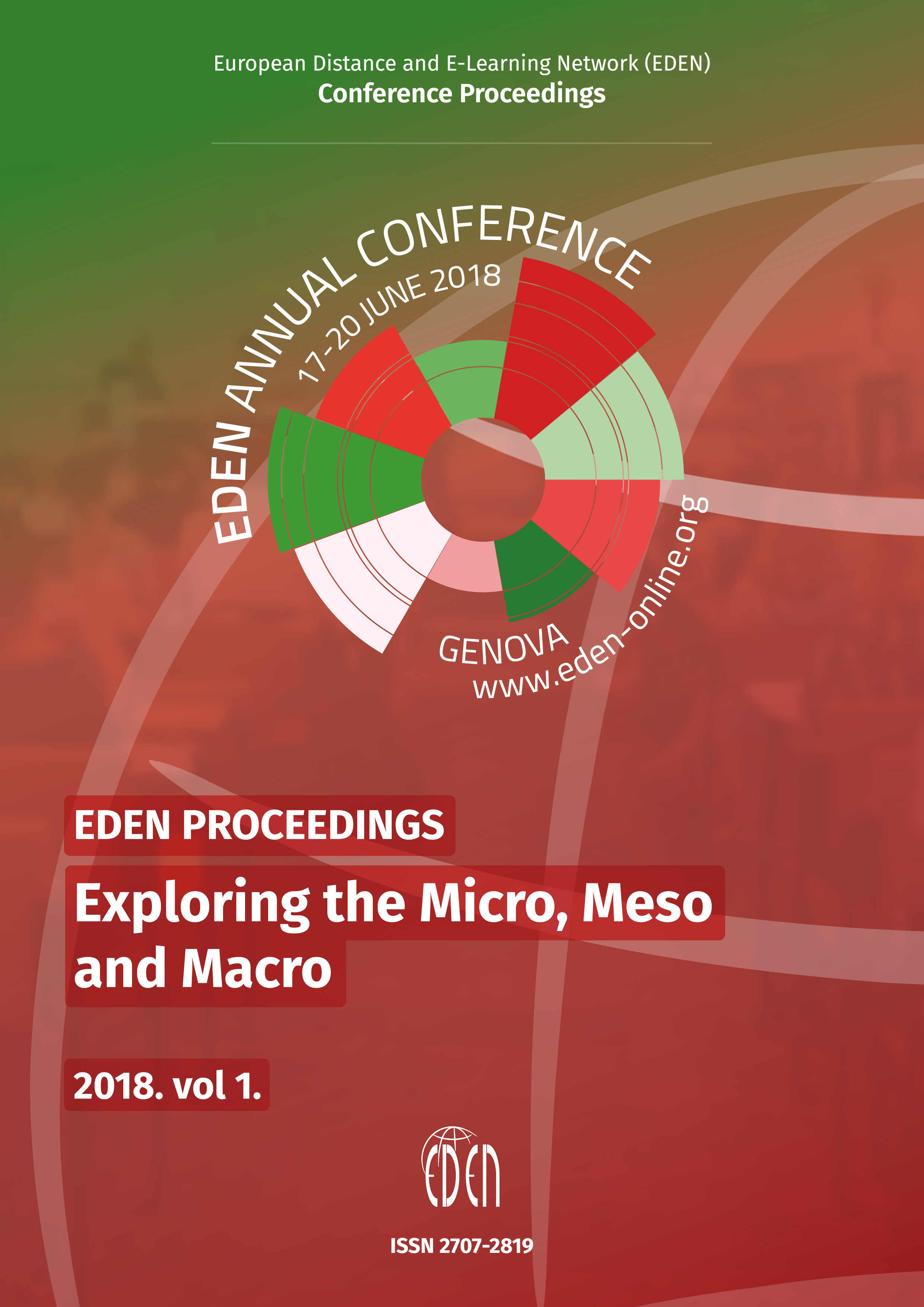Divergent Perceptions from MOOC Designers and Learners on Interaction and Learning Experience: Findings from the Global MOOQ Survey
Divergent Perceptions from MOOC Designers and Learners on Interaction and Learning Experience: Findings from the Global MOOQ Survey
Author(s): António Moreira Teixeira, Maria do Carmo Teixeira Pinto, Christian M. Stracke, Esther Tan, Achilles Kameas, Bill Vassiliadis, Cleo SgouropoulouSubject(s): Social Sciences, Education, Higher Education
Published by: European Distance and E-Learning Network
Summary/Abstract: As the provision of MOOCs continues to grow exponentially across the globe, much of the criticism on the quality of the learning experiences provided is based on its typically low drop-out rates. There is strong evidence that completion is not a goal for the majority of MOOC participants neither does it affect their satisfaction and perception of the quality of their learning experiences. Based on a literature review and analysis of existing quality approaches and indicators for MOOCs, the Global MOOC Quality Survey was designed and conducted in order to access quality perceptions of actors in the MOOC design and implementation process (n = 267). In this paper, we present its first results relating to the designers’ and learners’ experiences with MOOCs and their offered four interaction types: learner-facilitator (LF), learner-resource (LR), learner-learner (LL) and group-group (GG). Comparing the different perspectives of learners and designers, our analysis presents significant differences in MOOC learners’ and designers’ intentions and experiences. The correlation differences of the MOOC learners and designers on the interaction in MOOCs are significantly very high. These results are also compared with the opinions from MOOC designers collected in a number of semi-structured interviews. Based on the analysis, we conclude this divergence is based on a misunderstanding between the two target groups on interaction. MOOC designers recognise its importance, but do not seem to understand and meet fully the expectations of MOOC learners, as their perception maybe influenced by institutional context.
Journal: European Distance and E-Learning Network (EDEN) Conference Proceedings
- Issue Year: 2018
- Issue No: 1
- Page Range: 215-225
- Page Count: 11
- Language: English

